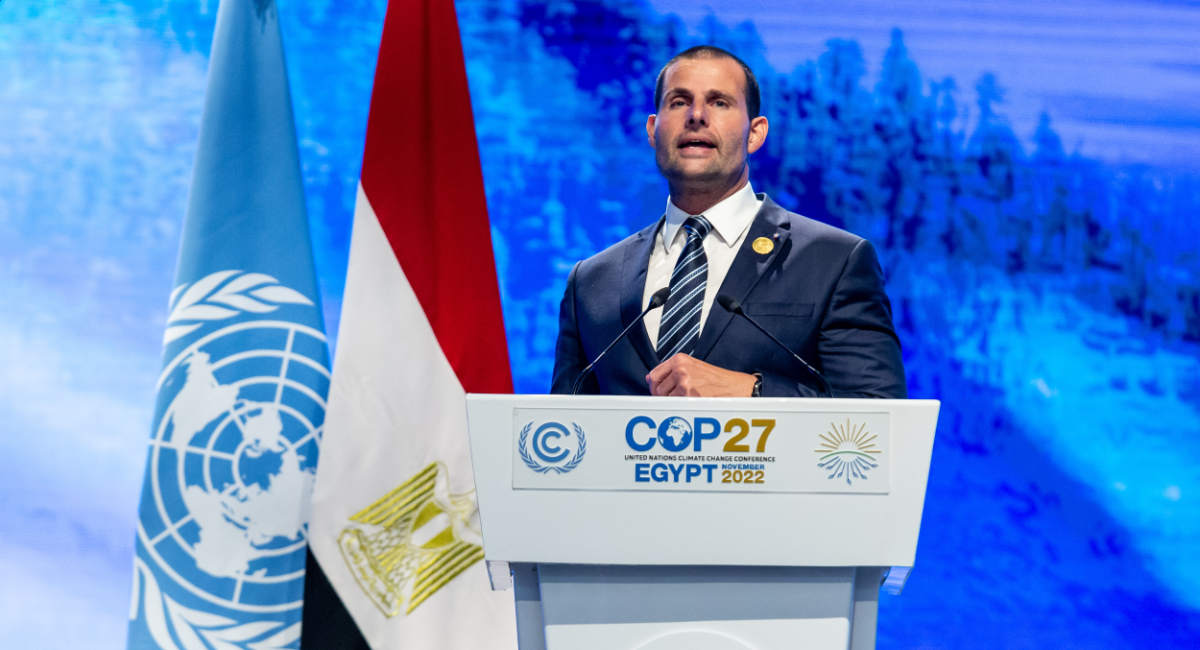Despite efforts to legalize assisted suicide in the pro-life country of Malta, polling shows that the vast majority of residents want improved palliative care instead.
Key Takeaways:
- Earlier this month, Prime Minister Robert Abela said he is open to legalized assisted suicide and euthanasia in Malta.
- A national survey published this week revealed that 70% of Maltese citizens would prefer palliative care over assisted suicide.
- The push to legalize assisted suicide is the latest attempt to bring the culture of death to a pro-life country.
The Details:
A survey released on Tuesday found that Maltese citizens who had already witnessed the death of a loved one wanted to see more emphasis placed on improving palliative care. It also revealed what many opponents of assisted suicide have already pointed out: 47% of respondents said they would consider assisted suicide if they felt like they were a burden on their loved ones.
Additionally, there was some confusion shown about what assisted suicide means.
While 60% were able to correctly identify it, the rest believed it meant receiving hospice-type care, or the right to stop life-prolonging treatment. Both are already legal in Malta.
After Abela said he was open to legalizing assisted suicide, Hospice Malta spoke out against it, saying the country’s priority needs to be improving palliative care instead.
“What happened in other countries was that, at times, when assisted suicide or euthanasia was introduced, there was an impact on palliative care services,” Dr. Jurgen Abela said, and specifically mentioned something mentioned in the national survey: the fear of being a burden on loved ones.
“So even if there are safeguards, how can we be reassured, as professionals, that a patient is not feeling a sense of pressure to go down that route because they no longer feel like they are an asset to society, possibly because their ‘identity’ in society changed since their illness emerged because they might be unable to work?” he added.
Zoom Out:
Malta has been a steadfastly pro-life country, even as international criticism has put pressure on the nation to legalize abortion.
Most notably, one case caused international uproar with an American woman claiming she needed a “medically necessary” abortion, and was denied one. Her doctors responded by pointing out that this was not true.
After being diagnosed with preterm premature rupture of membranes (PPROM), she insisted on being discharged so she could get an abortion — one that Professor Yves Muscat Baron, an OB/GYN who chairs the Maternity and Gynecology Department at Mater Dei Hospital, testified was not necessary.
The woman in question, Andrea Prudente, was being monitored and received antibiotics, and Muscat Baron said there had never been any request for an abortion, much less a discussion of how it might be required.
“We never took that decision,” he said. “At no point was there a choice. At no point was the patient in danger of dying.”
Another doctor who consulted on Prudente’s case, Alberto Vella, testified that if her life had been at risk, they would have delivered the baby prematurely, if necessary. “When the mother is in danger, the foetus is removed immediately,” he said, but explained that Prudente was never in danger of dying. “It was completely minimized. She was in hospital, so if any risks arose, they would be dealt with,” he said.
Regardless, the damage had been done; the international outcry put pressure on Maltese politicians to begin considering so-called “medically necessary” abortions.
In June of 2023, the criminal code was amended to allow for abortions in “exceptional cases” where the woman’s life is at risk, but not if the baby is viable. In that situation, doctors could perform a premature delivery, but not an abortion procedure, before beginning medical treatment on the woman.
Since then, five preborn children have been aborted.
The Bottom Line:
Malta remains a pro-life country, but the culture of death has been slowly gaining ground. Pro-life advocates can only hope that Maltese politicians will continue to stand strong against legalizing abortion and assisted suicide, and protect all life from fertilization to natural death.








